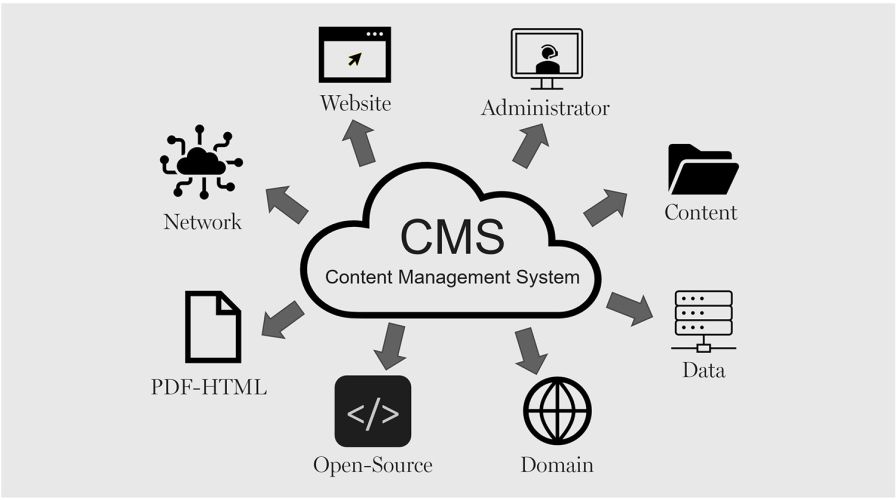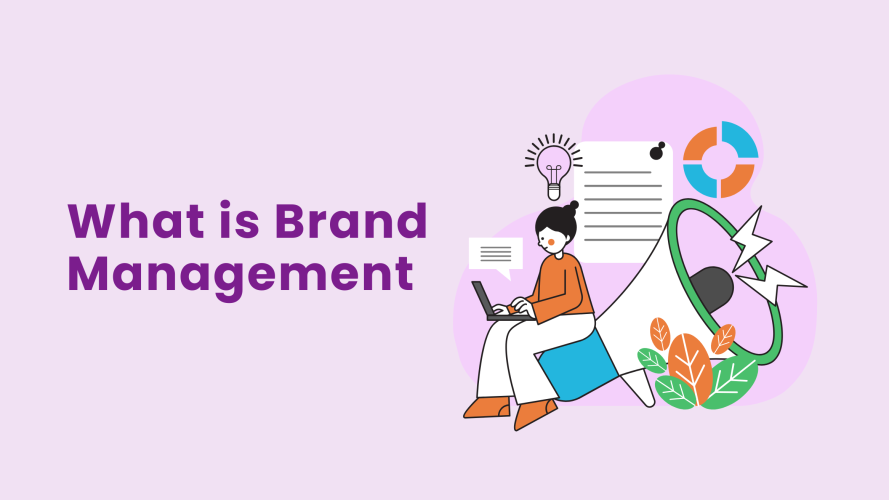In today’s digital landscape, content reigns supreme. But with so much information vying for user attention, how can you ensure your message resonates? Enter smart content, a powerful tool that tailors your content to each unique visitor, maximizing engagement and conversions.

What is Smart Content?
Smart content, also known as dynamic content or adaptive content, personalizes website elements, emails, and ads based on user data dynamically adjusts to suit the individual user. This data can include demographics, browsing behavior, past interactions, and more. Imagine a website that displays product recommendations relevant to your previous searches, or emails addressing you by name and highlighting content tailored to your interests. That’s the power of smart content in action.
Leveraging Data for Personalized Experiences
Smart content leverages customer relationship management (CRM) platforms, cookies, and analytics tools to collect user data. By analyzing this data, marketers can segment their audience and deliver targeted content experiences. Here are some factors that influence smart content delivery:
- Location: Showcase content tailored to a user’s geographic region.
- Device type: Content optimized for mobile displays offers a better experience than a desktop-focused layout on a smartphone.
- Referral source: Tailor content based on how users found your website (e.g., search engine, social media).
- Language: Deliver content in the user’s preferred language for better comprehension.
- Previous website behavior: Cater content based on past interactions and interests.
By implementing a data collection strategy, you gain valuable insights into your audience, enabling you to craft highly personalized experiences through smart content.
The Compelling Benefits of Smart Content
Personalization is a game-changer in marketing. Studies show that a staggering 89% of marketers experience a positive return on investment (ROI) by incorporating personalization into their strategies. Smart content offers a streamlined approach to personalization, even with limited data. Here’s how it benefits you:
- Enhanced Conversions: Smart content ensures users encounter fresh, relevant content throughout their journey, increasing the likelihood of conversions.
- Targeted Audience Engagement: Personalization helps you connect with your target audience more effectively. By understanding user preferences, you can tailor content to resonate with specific demographics.
- Buyer’s Journey Alignment: Smart content allows you to align your content with the buyer’s journey. This strategic approach presents the right message at the right time, ultimately boosting the chances of conversion.
Examples for Real-World Impact

Smart content can be as simple as a personalized email subject line. You’ve likely encountered this if you’ve ever received an email that includes your name. However, smart content can also be far more sophisticated:
- Imagine a healthcare professional searching for tracking software. A smart content ad might direct them to a dedicated contact page for healthcare providers, showcasing features relevant to their specific needs.
- This same software company’s homepage content might cater to a broader audience, highlighting general product benefits.
These examples illustrate how tailoring content to different user segments can yield significant results.
Is Smart Content Right for You?
If you aim to effectively target new and returning website visitors, then smart content is an essential tool to consider. However, integration should be strategic. Here’s how to get started:
- Personalize Your Email Marketing: Begin by personalizing your email marketing efforts. This is a low-barrier entry point to experience the power of personalization.
- Data Collection and Management: As you progress, delve deeper into data collection and management to optimize your conversion process and identify content that resonates best with specific user groups.
Quality Content Reigns Supreme
Smart Content, also known as dynamic content, is a type of web content that is personalized and dynamically updates based on the viewer’s behavior, context, demographics, and preferences. It aims to provide a more relevant and engaging experience for each user by tailoring the content to their specific needs and interests.
Here are some key points about Smart Content:
- Personalization: It uses data to create content that feels like it was made just for the viewer, improving the user experience and engagement.
- Improved Targeting: By focusing on the most valuable customers, Smart Content ensures that each visitor sees the most relevant content, which can lead to higher conversion rates.
- Data-Driven: It leverages behavioral, contextual, demographic, and firmographic data to serve up tailored content.
- Dynamic Adaptation: It changes based on the interests or past behavior of the viewer, creating an experience that’s customized specifically for the visitor or reader at that moment4.
- Automation: Smart Content often relies on marketing automation tools to deliver the right message at the right time without manual intervention, making it efficient and scalable.
- Seamless Integration: It integrates with various platforms and systems, such as CRM and CMS, to utilize the collected data for content personalization.
- Analytics and Optimization: It provides valuable insights through analytics, allowing marketers to optimize their content strategies based on performance metrics.
- A/B Testing: Marketers can test different versions of Smart Content to determine which one performs better and refine their approach accordingly.
Smart Content is not just about technology; it’s about creating a more meaningful connection with the audience by delivering content that resonates on a personal level. As technology evolves, so does the potential for Smart Content to become even more intuitive and effective in its delivery. Here are some ways future Smart Content could reach new heights of personalization:
- AI-powered content creation: Imagine AI automatically crafting content that perfectly matches a user’s interests and reading level. This could involve dynamically adjusting the tone, style, and complexity of the content based on user data.
- Real-time adaptation: Smart Content could adapt in real-time based on user behavior. For example, if a user is struggling with a concept, the content could offer additional explanations or visual aids.
- Omnichannel personalization: Seamlessly transitioning a user’s experience across different platforms (website, email, mobile app) is another frontier. Imagine content that acknowledges a user’s past interactions on one platform and personalizes their experience on another
Intelligent Content: This is a content management technique that structures content as modular, format-free, and semantically rich. It allows for easy reconfiguration and reuse across various platforms and channels, making it a valuable asset for businesses with omnichannel delivery requirements or those using automated content delivery methods like chatbots.
- Smart Content in Marketing: It’s now possible to personalize website content in the same way ads are targeted. This means each user can have a website experience that feels tailor-made. Personalized experiences have been shown to improve performance metrics such as conversions, sign-ups, and engagement.
- Advances in Display Technology: Smart Content can be tailored to where a prospect is in the buying process, or targeted to first-time visitors. It can interact with users through various IoT sensors on Smart Display Devices, enhancing the user experience and engagement
- Intelligent Systems and Smart Applications: Research in this area focuses on intelligent systems that can create more intuitive and effective content delivery. This includes software engineering, knowledge management, and emerging technologies that contribute to the development of smart applications
- Smart Polymers: In the realm of materials science, smart polymers respond to environmental stimuli with a detectable reaction. These materials are used to develop smart devices, sensors, and actuators, showcasing the potential of Smart Content beyond digital applications.
Crafting a Winning Content Strategy
If you seek guidance in achieving a balance within your marketing content strategy, you’re not alone. Partnering with a digital marketing agency with a proven track record in content creation can be invaluable.
In Conclusion
Smart content empowers you to deliver targeted experiences that resonate with your audience. By leveraging data and personalization, you can transform your content strategy, driving engagement and conversions. Remember, high-quality content remains paramount, and smart content is a powerful tool to elevate its impact.
In essence, smart content is the heart of modern marketing and will fuel modern marketing. Without it, digital marketers may fall behind their competition, lose connectivity with their customers, and ultimately fail in the post-mobile world




